Blog #8: C-Section vs. Natural Delivery
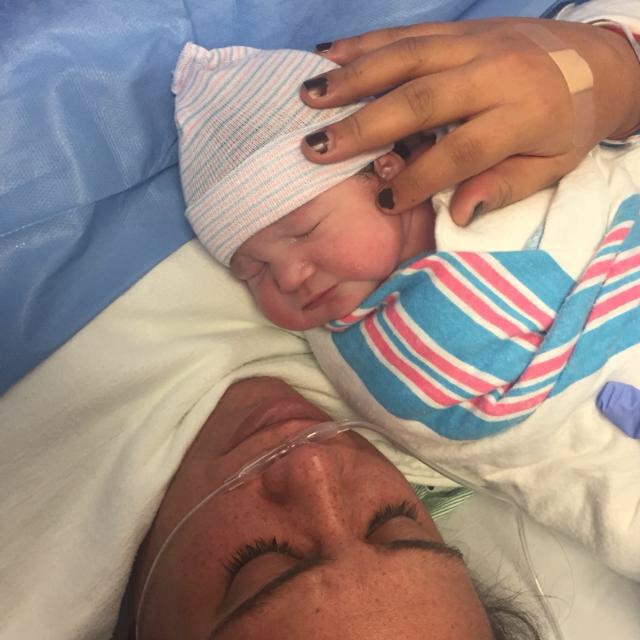
Hi friends! For this post I wanted to discuss and compare a natural (vaginal) delivery vs. a C-section (surgical caesarean section). I know it is often hard to compare the two, as most moms have had either one or the other, but I am currently 5 months pregnant, and am on track to deliver naturally- VBAC (Vaginal Birth After Cesarean). My first experience with childbirth was an emergency C-section due to Preeclampsia, and now I am eager to see how a natural birth compares.
So since I cannot talk from personal experience about a natural delivery, I will draw from various resources- including personal testimonials, and information found on the World Wide Web. I have discussed this topic with many different mommy's, and have heard their accounts of each option.
My aunt, for example, has had both types of deliveries. She had a natural delivery with her first daughter, and caesarean with her set of twins the second time around. She said that she preferred C-section, partly because of the advanced knowledge of when, where and how she was going to give birth. She said that either way it is going to hurt after, but that she had piece of mind knowing the exact details of her birthing plan.
I know that in many cases, such as mine and my aunts, you cannot plan the way you deliver. Complications arise that force the doctors' hand, such as having multiples, and health issues for the mother. At the end of the day what really matters is delivering a healthy baby, and keeping mom as safe as possible; But if you are able to decide, what are the pros and cons of each method?
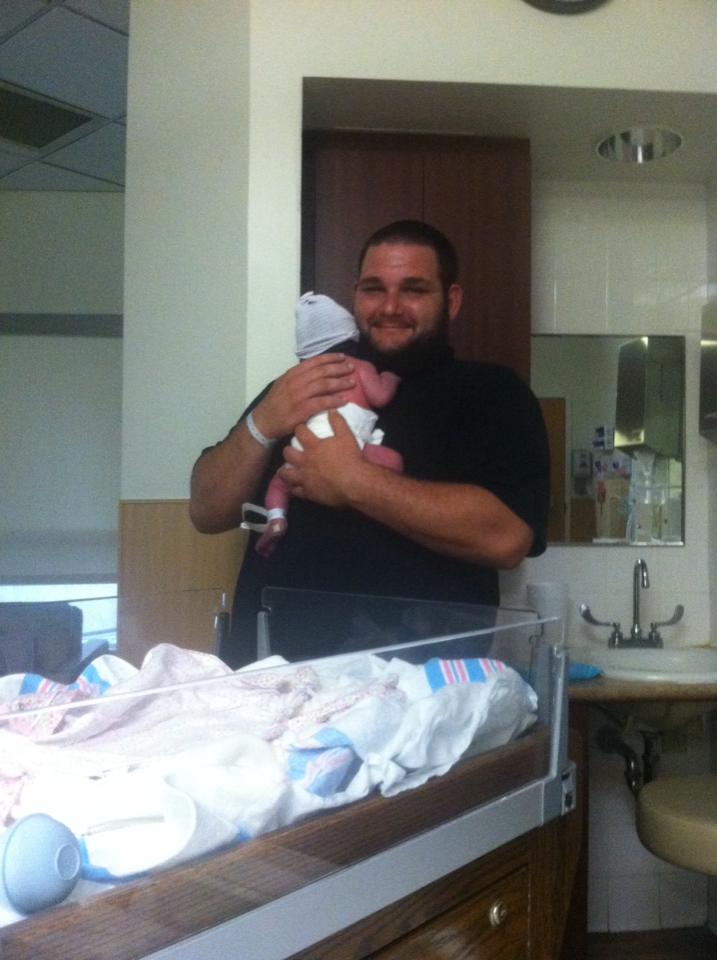
I read an article from the website Live Science, which discusses this same topic (see article link at the end of this post). In it, they list the pro's and cons of both delivery options for both mother and baby. To quote the article "In general, women say that giving birth vaginally feels like more of a natural experience, said Dr. Allison Bryant, a maternal fetal medicine specialist at Massachusetts General Hospital in Boston. Women may feel as if they are giving birth the way nature intended them to, she added."
"Because C-sections in first-time mothers often lead to repeat C-sections in future pregnancies, a vaginal birth is generally the preferred method of delivery. It's the way two in three babies in the United States are born." (Live Science)
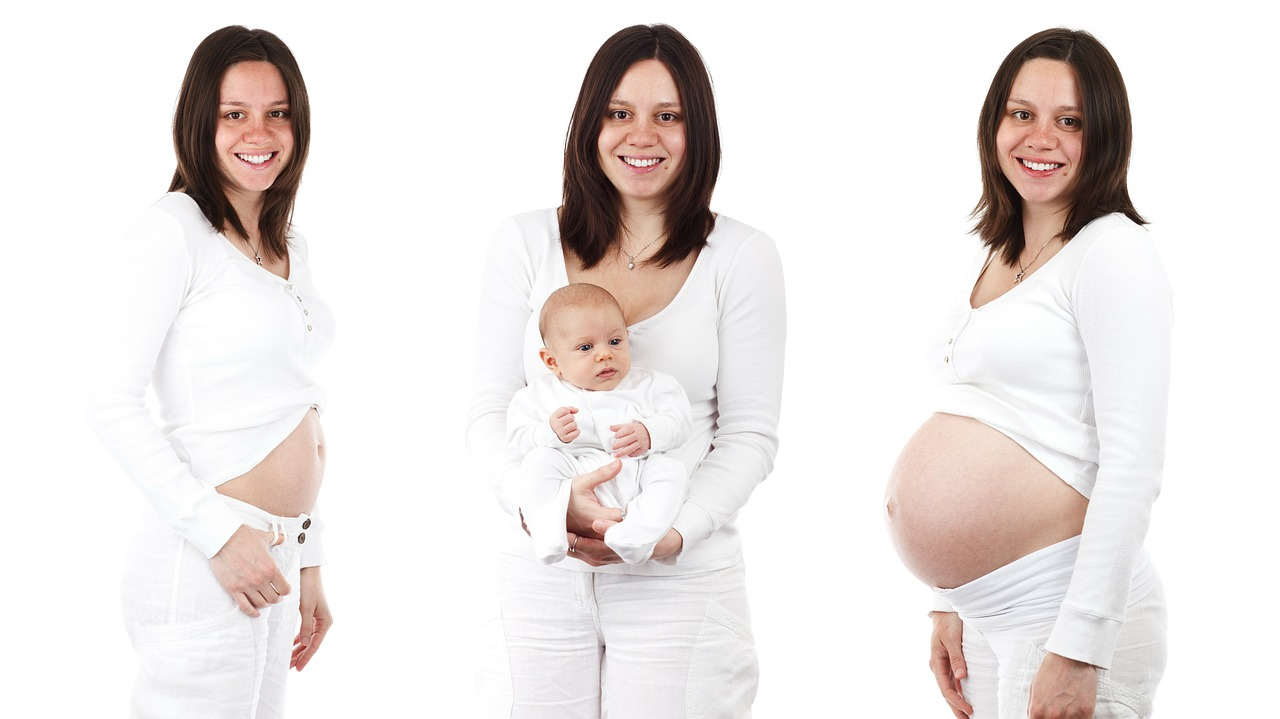
Pros and Cons of Natural (Vaginal) Delivery (For Mother):
PROS:
-One of the benefits of having a vaginal birth is that it has a shorter hospital stay and recovery time compared with a C-section.
-Although state laws vary, the typical length of a hospital stay for a woman following a vaginal delivery is between 24 and 48 hours. If a woman is feeling up to it, she may elect to leave the hospital sooner than the allowable time period permitted in her state.
-Women who undergo vaginal births avoid having major surgery and its associated risks, such as severe bleeding, scarring, infections, reactions to anesthesia and more longer-lasting pain.
-Because a mother will be less woozy from surgery, she could hold her baby and may begin breastfeeding sooner after she delivers.
CONS:
-During a vaginal delivery, there is a risk that the skin and tissues around the vagina can stretch and tear while the fetus moves through the birth canal.
-If stretching and tearing is severe, a woman may need stitches or this could cause weakness or injury to pelvic muscles that control her urine and bowel function.
-Some studies have found that women who have delivered vaginally are more likely to have problems with bowel or urinary incontinence than women who have had C-sections.
-They may also be more prone to leak urine when they cough, sneeze or laugh.
-After a vaginal delivery, a woman may also experience lingering pain in the perineum, the area between her vagina and anus.
Pros and cons of Natural (Vaginal) Delivery (For the Baby):
PROS:
-Some advantages for a baby who is delivered vaginally is that a mother will have more early contact with her newborn than a woman who has undergone surgery, and she can initiate breastfeeding sooner.
-During a vaginal delivery, muscles involved in the process are more likely to squeeze out fluid found in a newborn's lungs, which is beneficial because it makes babies less likely to suffer breathing problems at birth.
- Babies born vaginally also receive an early dose of good bacteria as they travel through their mother's birth canal, which may boost their immune systems and protect their intestinal tracts.
CONS:
-If a woman has had a long labor or if the baby is large and delivered vaginally, one of the risks is that the baby may get injured during the birth process itself, resulting in a bruised scalp or a fractured collarbone, according to the Stanford School of Medicine.
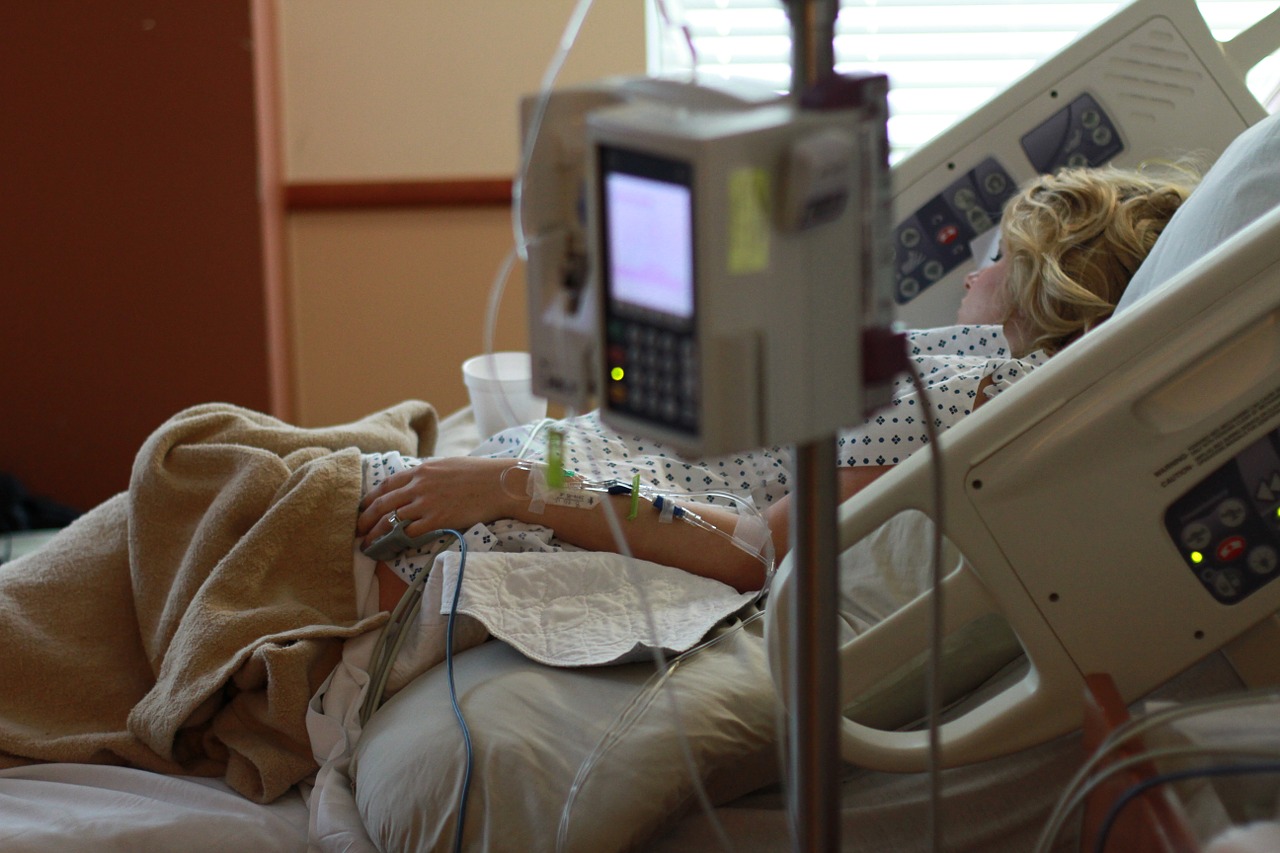
Pros and Cons of C-Section Delivery (For Mother):
"A C-section may also be scheduled ahead of time because a woman has an infection that she could pass along to her baby during birth, such as HIV or genital herpes, or if she experiences problems with the placenta during her pregnancy. [A C-Section] may also be necessary in certain situations, such as delivering a very large baby in a mother with a small pelvis, or if the baby is not in a heads-down position and efforts to turn the baby into this position before birth have been unsuccessful." (Live Science)
PROS:
If a woman is eligible to have a vaginal delivery, then there are not a lot of advantages to having a C-section
-If a pregnant woman knows that she will need a C-section, a surgical birth can be scheduled in advance, making it more convenient and predictable than a vaginal birth and going through a long labor.
-A study in PLOS Medicine concluded that women who have cesarean deliveries (also known as C-sections) have a lower risk of urinary incontinence and pelvic prolapse. (Health Line).
CONS:
-A woman who has a C-section typically stays in the hospital longer, two to four days on average, compared with a woman who has a vaginal delivery.
-Having a C-section also increases a woman's risk for more physical complaints following delivery, such as pain or infection at the site of the incision and longer-lasting soreness.
-Because a woman is undergoing surgery, a C-section involves an increased risk of blood loss and a greater risk of infection.
-The bowel or bladder can be injured during the operation or a blood clot may form.
-A review study has found that women who have had a C-section are less likely to begin early breastfeeding than women who had a vaginal birth.
-The recovery period after delivering is also longer because a woman may have more pain and discomfort in her abdomen as the skin and nerves surrounding her surgical scar need time to heal, often at least two months.
-Women are three times more likely to die during Caesarean delivery than a vaginal birth, due mostly to blood clots, infections and complications from anesthesia, according to a French study.
-Once a woman has had her first C-section, she is more likely to have a C-section in her future deliveries, Bryant said. She may also be at greater risk of future pregnancy complications, such as placental abnormalities and uterine rupture, which is when the uterus tears along the scar line from a previous C-section. The risk for placenta problems continues to increase with every C-section a woman undergoes.
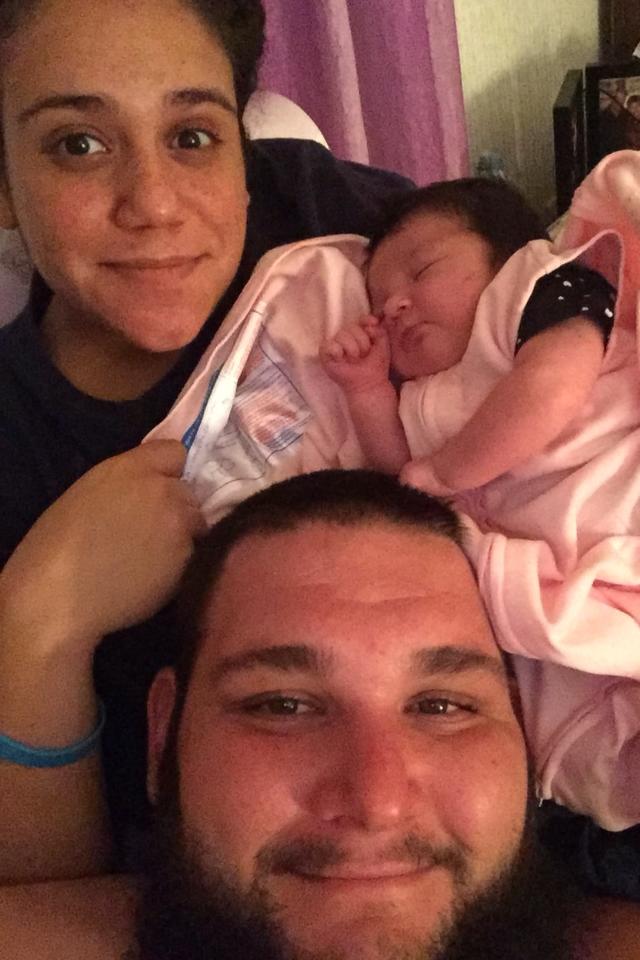
Pros and Cons of C-Section Delivery (For the Baby)
"Birth by cesarean poses several challenges for a baby. Compared to babies born vaginally, babies born by cesarean are at risk for health complications they are less likely to face with a normal birth." (VBAC.com)
CONS:
-Babies born by Caesarean section may be more likely to have breathing problems at birth and even during childhood, such as asthma. They may also be at greater risk for stillbirth.
-Pain medications that sedate the mother can affect the newborn's ability to latch on and breastfeed.
-During a C-section, there is a small risk that a baby can get nicked during the surgery.
-Some studies have also suggested a link between babies delivered by C-section and a greater risk of becoming obese as children and as adults. (One possible explanation is that women who are obese or have pregnancy-related diabetes may be more likely to have a C-section.)
Conclusion:
So either way, birth can be a scary thing for any mother. I know I was extremely afraid of the entire process during my first pregnancy. But even though having an emergency C-section 3 weeks prior to my scheduled C-Section was not ideal, once you have that baby in your arms, all the pain, fear, anxiety, etc... is all worth it!
I will definitely keep you updated on how my pregnancy is going and even after birth!
Love Always,
Veronica
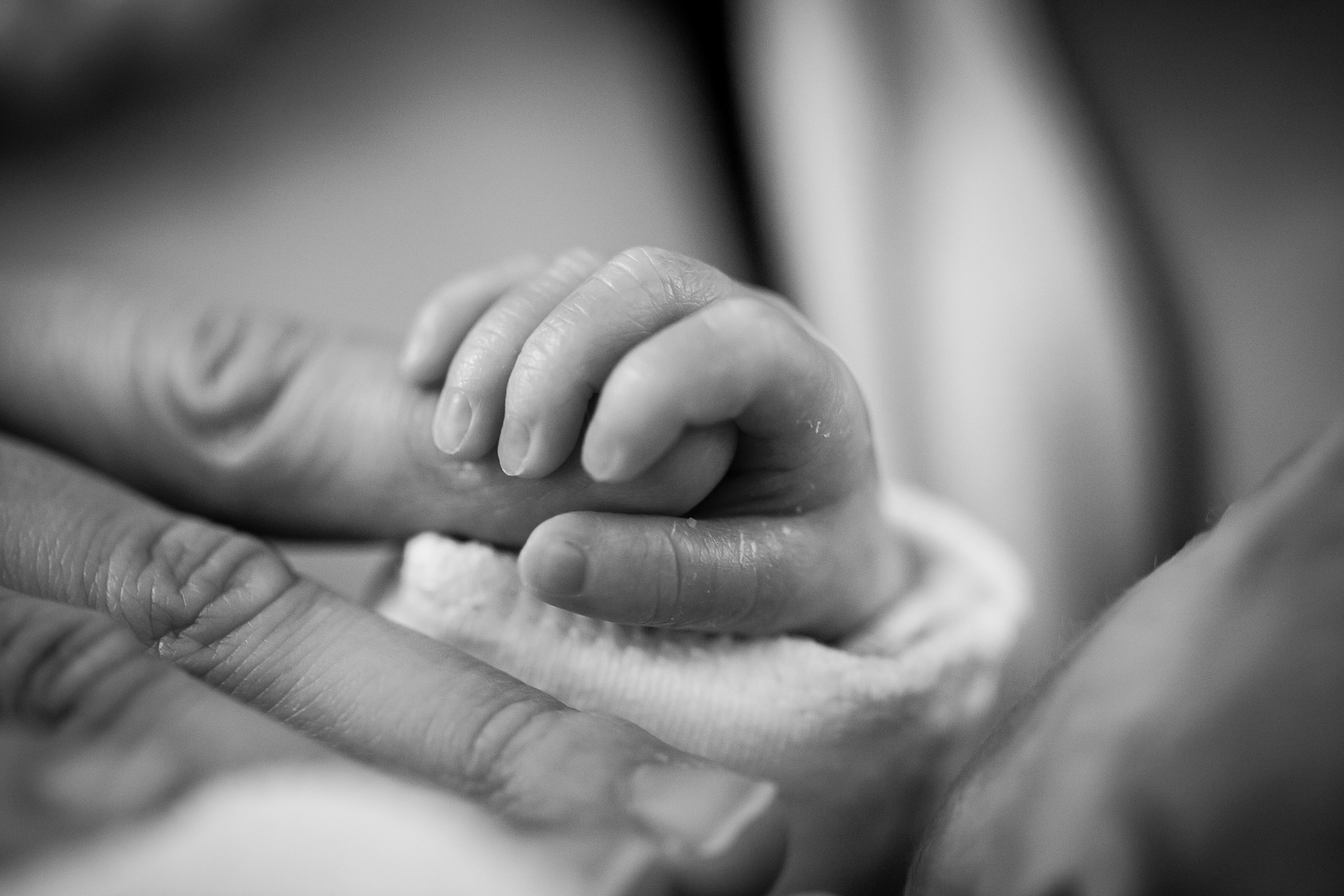
Resources: